What my fearless mother taught me about feminism
Broadcast journalist Sarah Morris is expecting her first child this month. Her mother was the groundbreaking human rights journalist Sue Lloyd-Roberts, who died in 2015
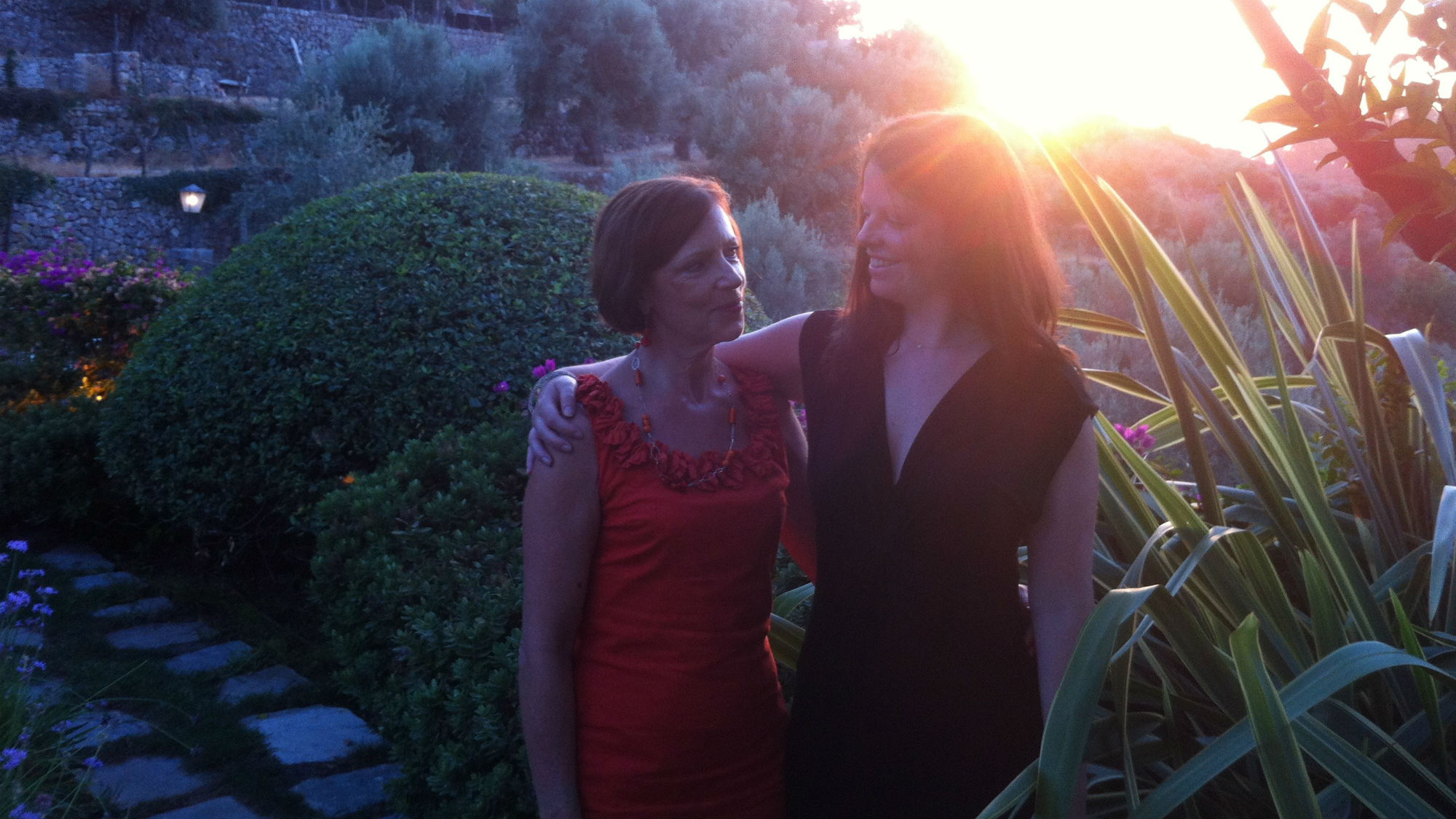
Broadcast journalist Sarah Morris is expecting her first child this month. Her mother was the groundbreaking human rights journalist Sue Lloyd-Roberts, who died in 2015
Sunday, 27 October 1996: I was 11 and it was half-term. While my school friends in London were buying sparkly nail varnish and dancing to All Saints songs, I was watching a rat scuttle across a restaurant floor in a remote village in Nepal with my mother. I later learned that she had been terrified. Two Western females out alone was dangerous. It was quite something for Mum to admit to being scared. As an international human rights journalist, she’d spent a lot of time reporting from war zones.
It was her birthday and she was making a film about the exploitation of Sherpas in the Himalayas. The children in the village had never seen white people before, and they came rushing over to touch our faces. My childhood was full of amazing encounters like this. By the time I left home, my older brother George and I had met the Dalai Lama in India and camped with bushmen in the Kalahari Desert.
My mother was multi-award-winning journalist Sue Lloyd-Roberts, the first to travel to Homs during the Syrian revolution in 2011, and to bring FGM to mainstream attention after years of being told by male newspaper editors that it was ‘too grim’ to cover. During her 30-year career, she’d been shot at in Bosnia, faced imprisonment in China and risked her life exposing human rights abuses. She died just before her 65th birthday.
Mum was 30 when she had George, and 34 when she had me. We lived in north London with my stepfather – BBC producer Nick Guthrie – not far from where I now live with my husband, Luke. When we got married in 2014, I sent Mum a proof of the invitation, which read: ‘Luke and Sarah invite…’ Her response was, ‘Sarah, if your name isn’t first on the invite, I’m not coming. It means he’s won already.’ I swapped the names around and Mum came to the wedding. She loved my husband, but fought hard against patriarchy.
Our house became a haven for fascinating people – government ministers, activists or victims fleeing war-torn countries. We often came home to find her making tea for a Pakistani refugee or sitting on the sofa with a Tibetan monk. Mum taught us that we needed to help those less fortunate. She always wanted to write a book. She’d say, ‘How are women – 51 per cent of the world’s population – still campaigning for fair, humane treatment in the 21st century?’ Her book The War On Women And The Brave Ones Who Fight Back (£16.99, Simon & Schuster) is a collection of stories from women she met, from Ireland to India via Argentina and Saudi Arabia, who are persecuted and abused just for being female.
Mum was diagnosed with leukaemia in February 2015 when she was 64. She spent a long time in hospital undergoing chemotherapy and told us not to visit her in the mornings because that was her writing time. Sadly, she didn’t finish the book before she died. The injustice of this still stings. So, three months after she passed away, I set about completing it for her. I often lost entire days to grief, but it helped me to understand her in a different way. One comment in her notes read: ‘Looking back at my own career and the regrets I have about family life, I ask whether women can and should try and compete.’
Marie Claire Newsletter
Celebrity news, beauty, fashion advice, and fascinating features, delivered straight to your inbox!
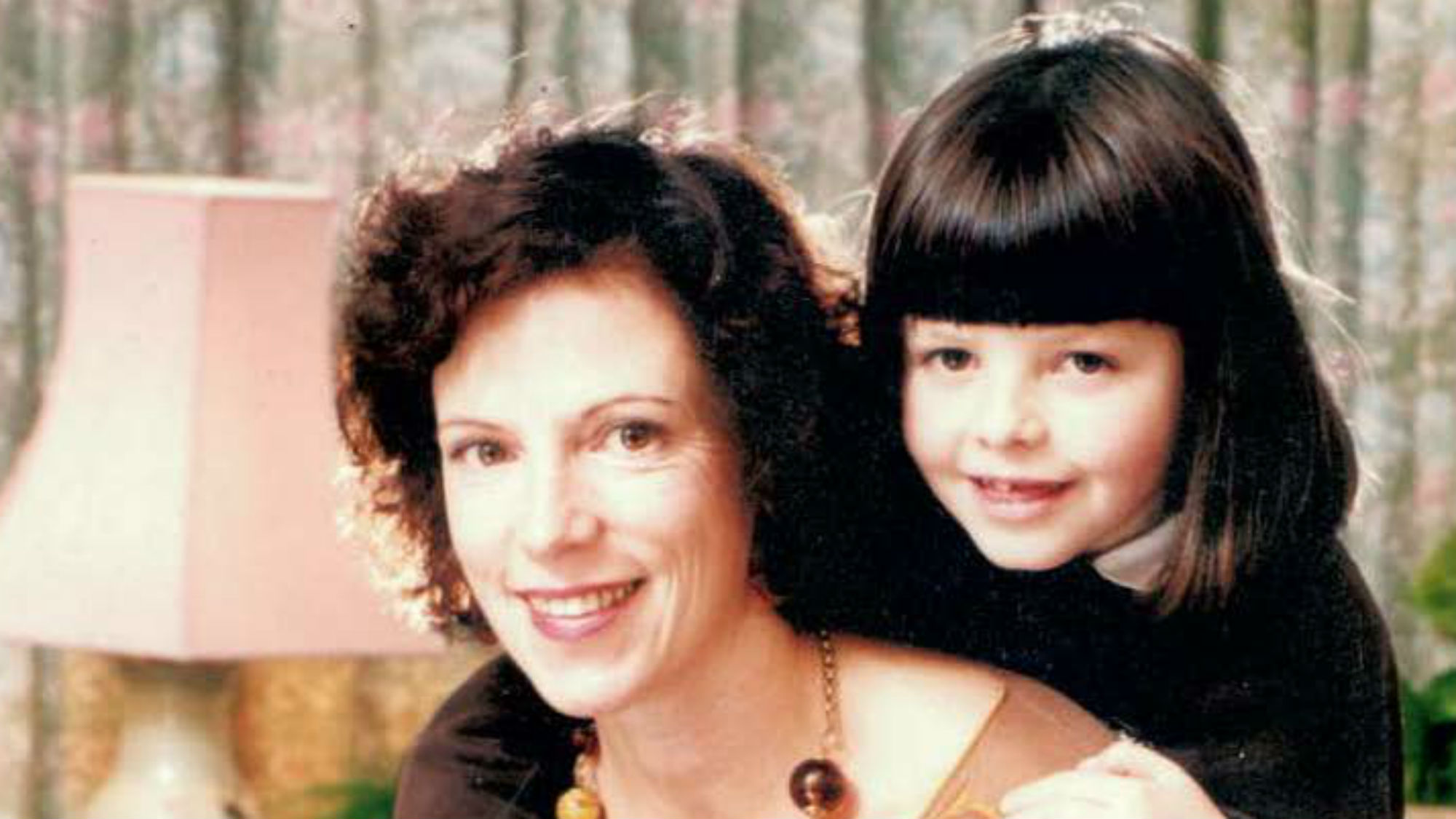
Losing Mum so suddenly and when she was so young is the most difficult and devastating thing I’ve ever experienced. The sadness continues to be gut-wrenching and the hole in my life is so huge I can’t fill it. And as I prepare for the arrival of my own daughter, I feel angry that Mum was robbed of the grandmotherhood she was so looking forward to and so deserved. But my daughter will know my mum, because we feel her presence in everything we say and do. I feel lucky to have her example of motherhood to follow. Far from feeling deprived of attention, watching Mum travel the world and expose injustice has empowered me. She’d often ask if I’d rather have her at home and at the school gate. I always said no. I was proud of her work, and having a fulfilling career meant she never felt resentful towards us. I plan to be a working mum too, and I feel grateful to live in a society where that’s possible.
I’m reminded of a chapter Mum wrote on women in Saudi Arabia: ‘Daughters take their lead from their mothers. I lose count of the times I told my daughter that women are equal to men and that she can achieve anything in life.’ Our lives were enriched by who she was and I would love more than anything to tell her that. And Mum, in answer to your question, yes, women should try and compete; you’ve shown us that it’s possible to win.
The leading destination for fashion, beauty, shopping and finger-on-the-pulse views on the latest issues. Marie Claire's travel content helps you delight in discovering new destinations around the globe, offering a unique – and sometimes unchartered – travel experience. From new hotel openings to the destinations tipped to take over our travel calendars, this iconic name has it covered.
-
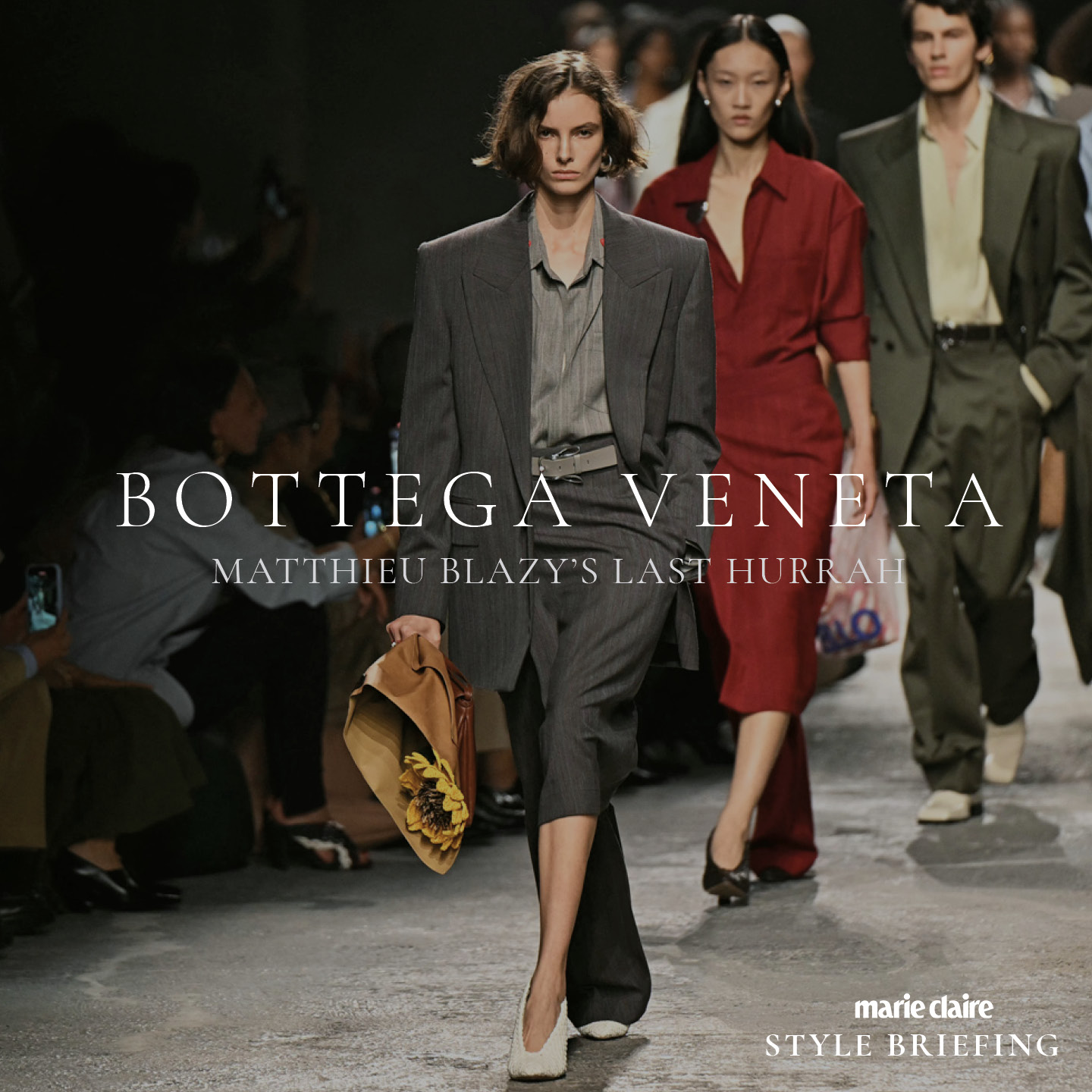 Style Briefing: Matthieu Blazy's last hurrah
Style Briefing: Matthieu Blazy's last hurrahHow the designer delivered a fresh perspective while also honouring its history of craft and creativity
By Rebecca Jane Hill
-
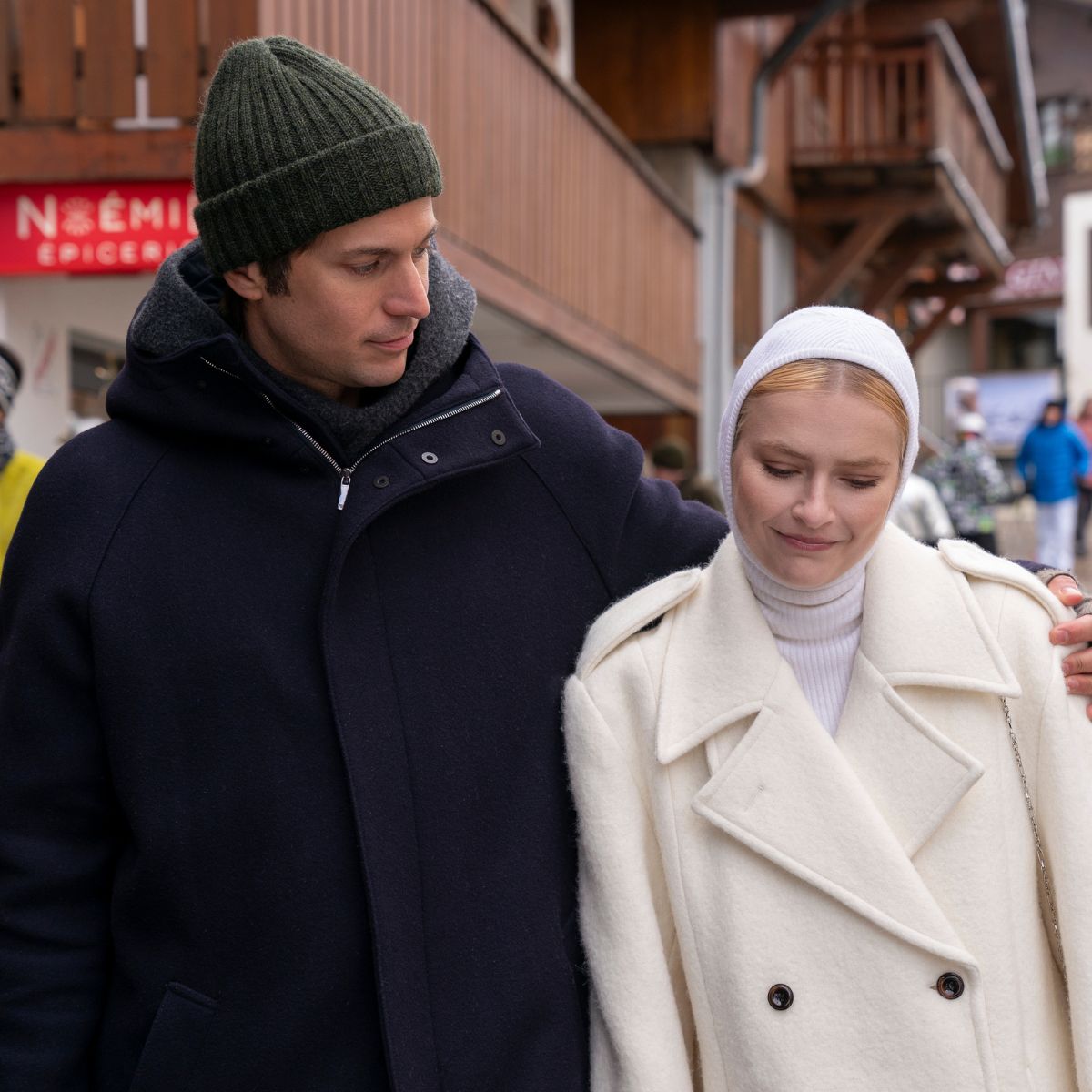 The Emily in Paris cast has spoken out as one of its stars officially quits the show
The Emily in Paris cast has spoken out as one of its stars officially quits the showBy Jenny Proudfoot
-
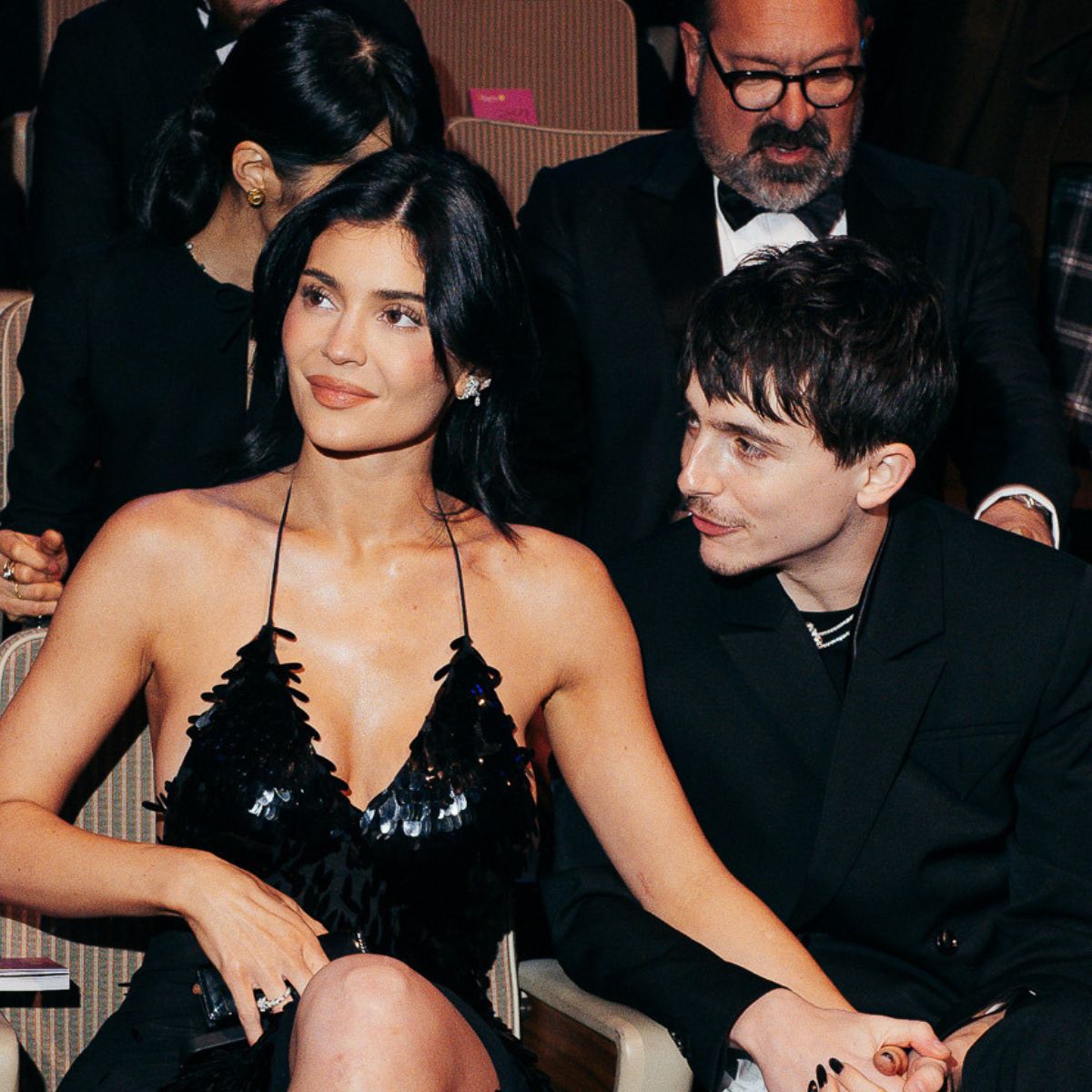 Timothée Chalamet’s mother has opened up about his relationship with Kylie Jenner
Timothée Chalamet’s mother has opened up about his relationship with Kylie JennerBy Jenny Proudfoot